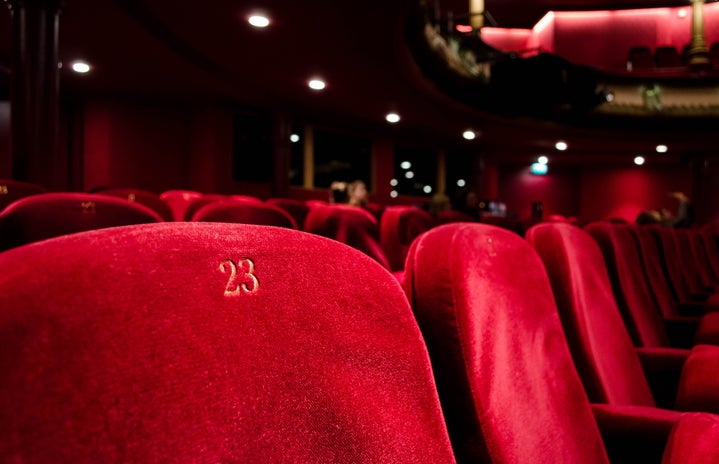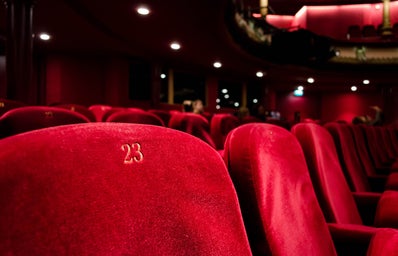TW: Mentions of depression, suicide and mental health struggles.
On Friday the 5th of October I was kindly invited to the press night of ‘The Light House’, a Leeds Playhouse Furnace production.
When deciding what to title this article, I was torn between ‘A warm hug from my future self: A review of The Light House’ and ‘A cure for 23-year-old-ism: A review of The Light House’. Now you can see I did not pick either of those, but I feel those titles truly set the tone for how this play impacted me for the better.
‘The Light House’ is a one woman show, written and performed by Alys Williams, that follows her own love-story of loving someone with depression. Through the allegory of being at sea, Williams represents how isolating it can be as a lighthouse: the only sturdy, constant light when someone you love’s mind is at sea, fighting against the thrashing waves of dark anxiety, drowning in suicidal thoughts, unable to catch the life ring you keep throwing to them.
With moveable boxes, shelves at different levels, and ladders to create depth in the world of play, the fringe-style set in The Playhouse’s studio theatre, Bramwell Rock Void, created an atmospheric and intimate setting, without feeling too restraining in a small space, but also simultaneously not vacuous for a single person show. This was only amplified through the use of audience participation: Williams picked people from different parts of the studio theatre to echo her words in the vacuous space, to provide call and response, and to create new characters beyond the limitations of what Williams alone could do.
Immediately, I know what you’re thinking: the term audience participation instils horror into non-theatre folk, with fears of pantomime-esque humiliation. But when I considered the isolating depression Williams was portraying through the character of her boyfriend, and reflecting on her writer’s note I read before I watched the play:
‘I think theatre has something very special to offer because it brings people together, something the pandemic taught us not to take for granted. Theatre should smell like bodies and buzz with the strange, silly discomfort of sitting too close to strangers’.
It was clear this was more than just a visit to watch the theatre, it was an experience. It was some voodoo where Williams tapped into my own personal experiences as an (almost) 23 year old and let them hang, vulnerably, in the air – blending with the stage smoke. Getting strangers to shout I love you, to drink sparkling water with you on stage, and to eventually cry at your words is exactly the silly togetherness we needed in this post-COVID (ish) world.
The only other character who held any stage presence was her boyfriend, represented by a lamp on-stage. Williams, whenever she was ‘talking’ to her boyfriend, would puppeteer the lamp at the side of the stage, creating mannerisms of a human nature. When the boyfriend was particularly struggling with depression, his light, the bulb, would ever so slightly dim, until he felt hopeless, in which Williams would turn the lamp away from the audience, making us unsure if the light had gone off for good, or if he was still alive. By having this character represented through an inanimate object, Williams highlighted the helplessness her character felt due to the lamp’s inability to verbally respond.
One of my favourite moments, that particularly called me out as people pleaser, was when Williams transformed into a clown on-stage, over-painting her lips red, placing a red nose on her face, and foolishly dancing about on-stage. This hyperbolic representation of remaining positive encapsulates the burdening and exhausting task of holding onto happiness for two people.
Overall, ‘The Light House’ reminded me why I love pure theatre. And, as Williams states at the beginning of the play, ‘Everything is going to be okay.’ If you find yourself close to one of the tour venues, I urge you to go and see it. You will laugh, cry, and you may even be forced to slow dance on stage.
Edited by: Ella Morris


